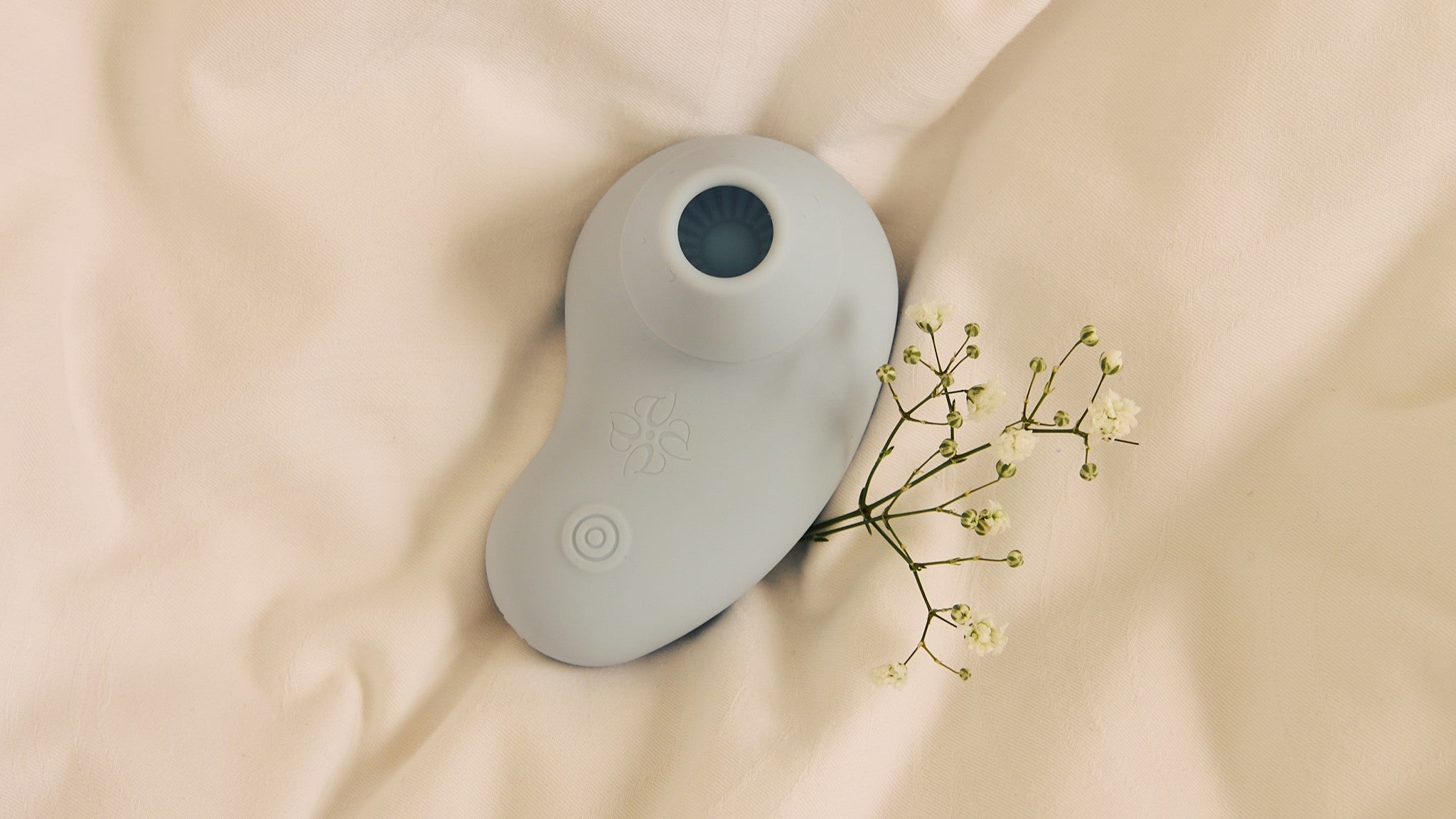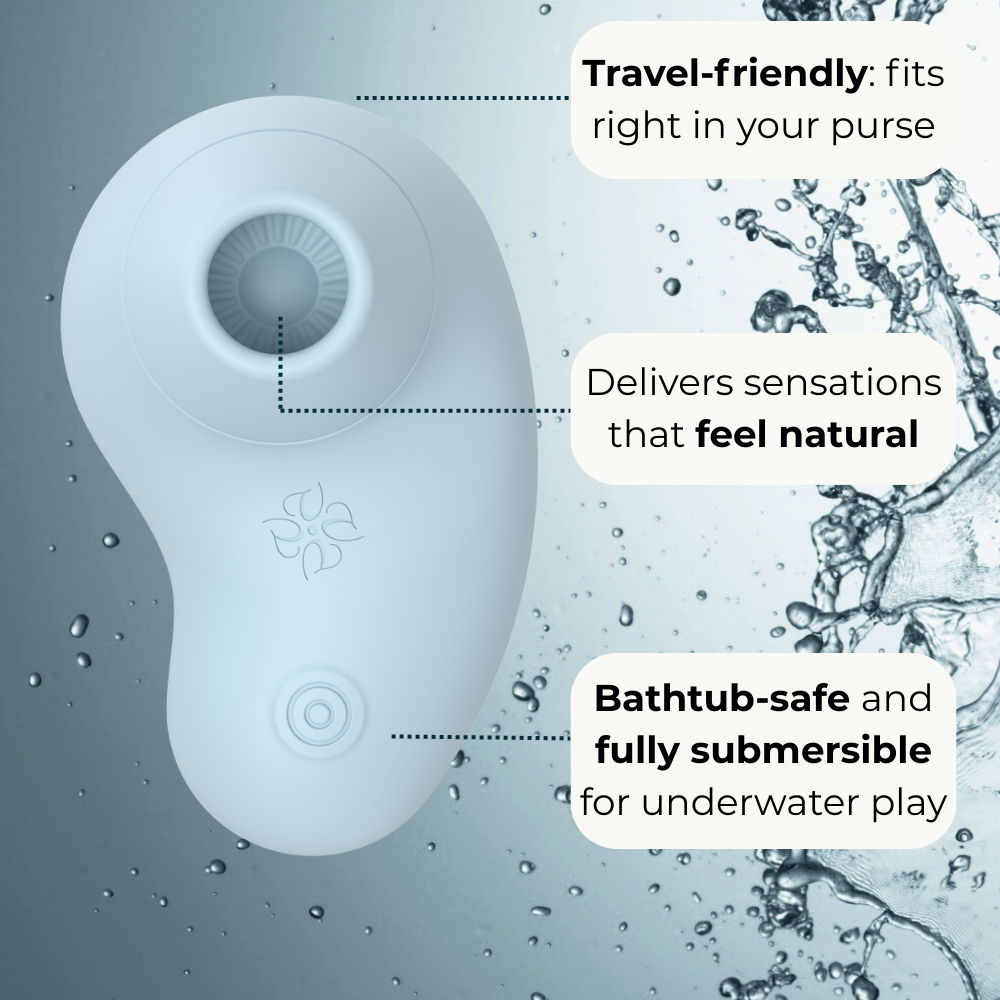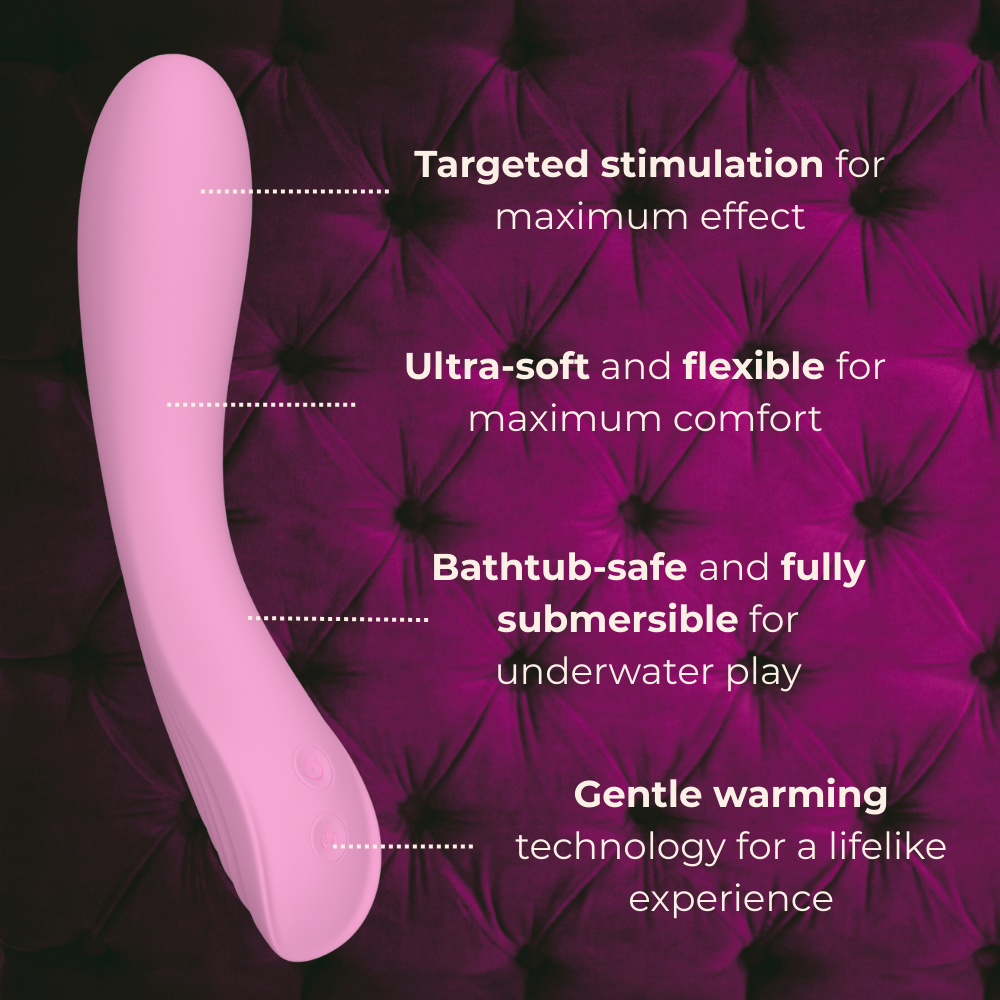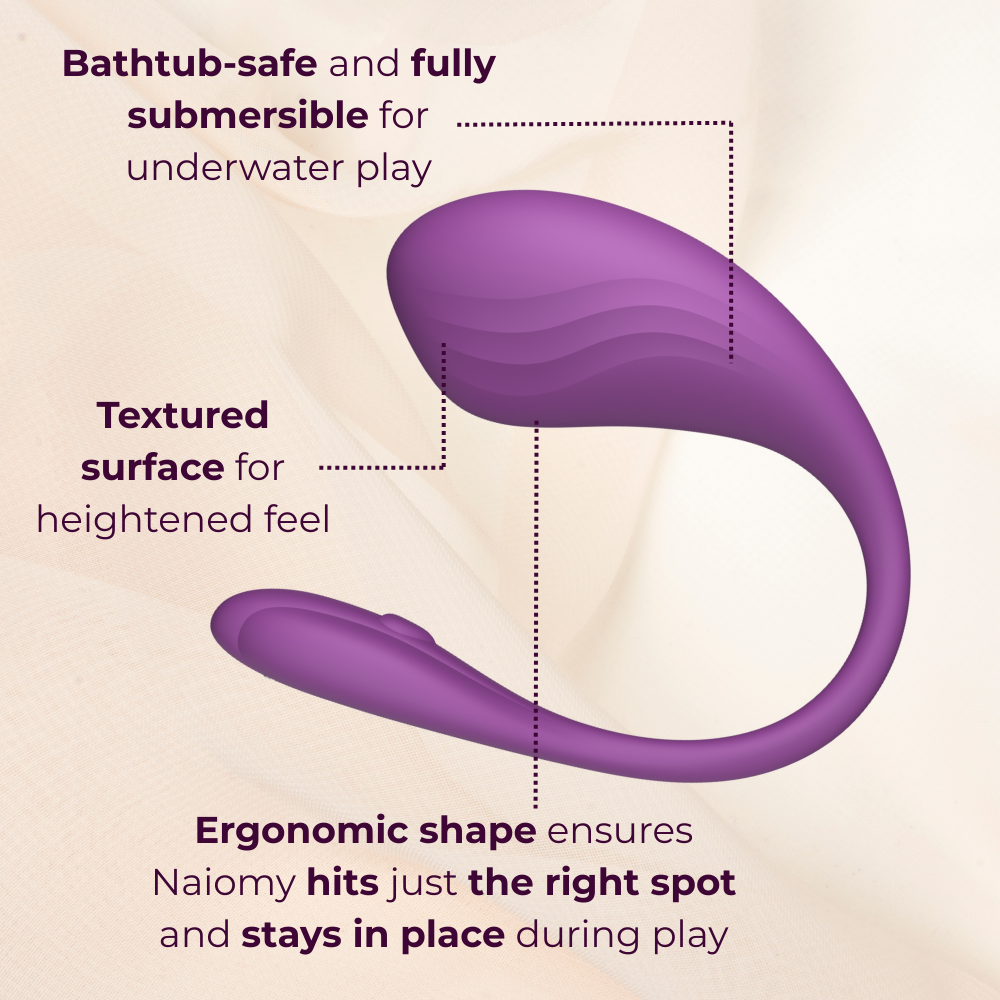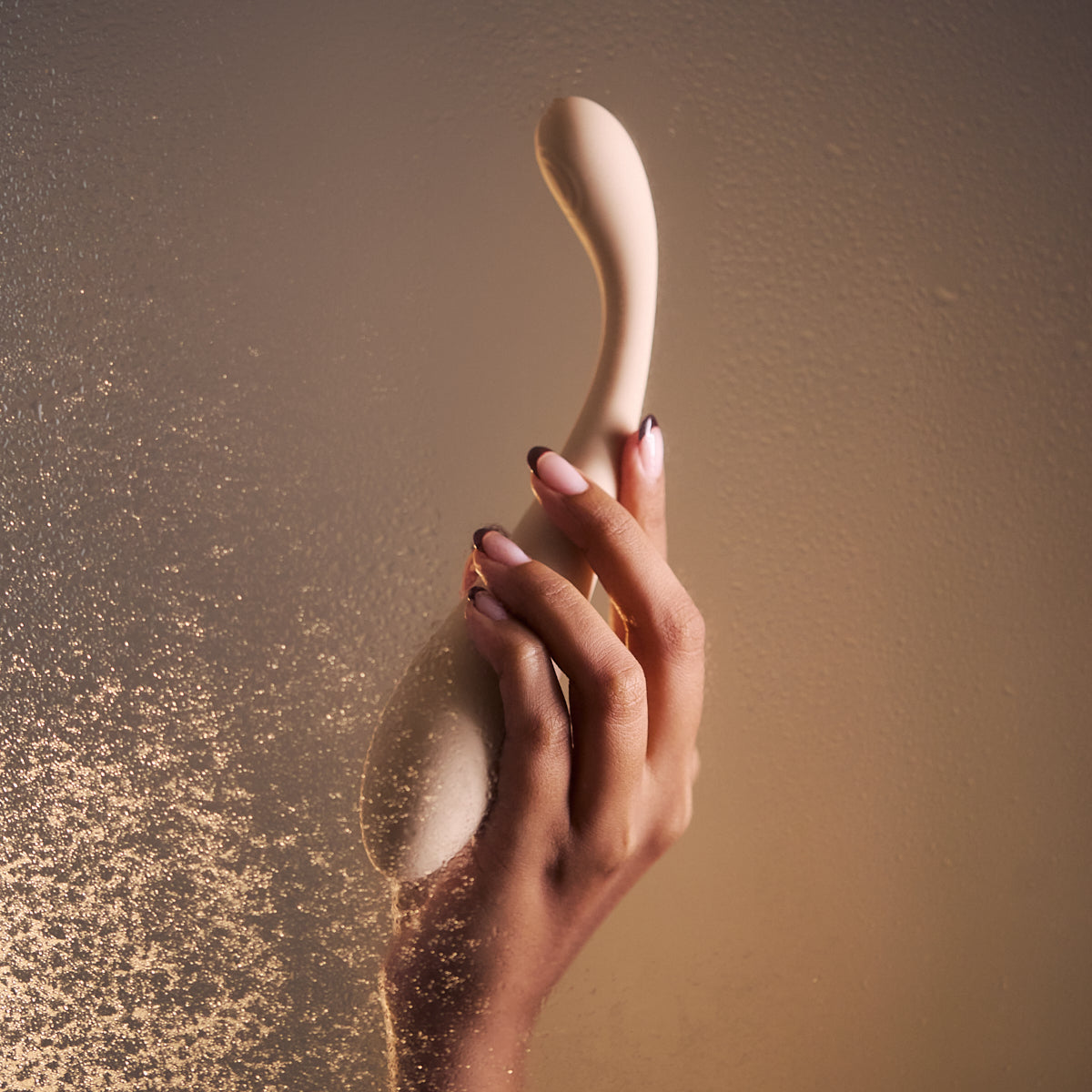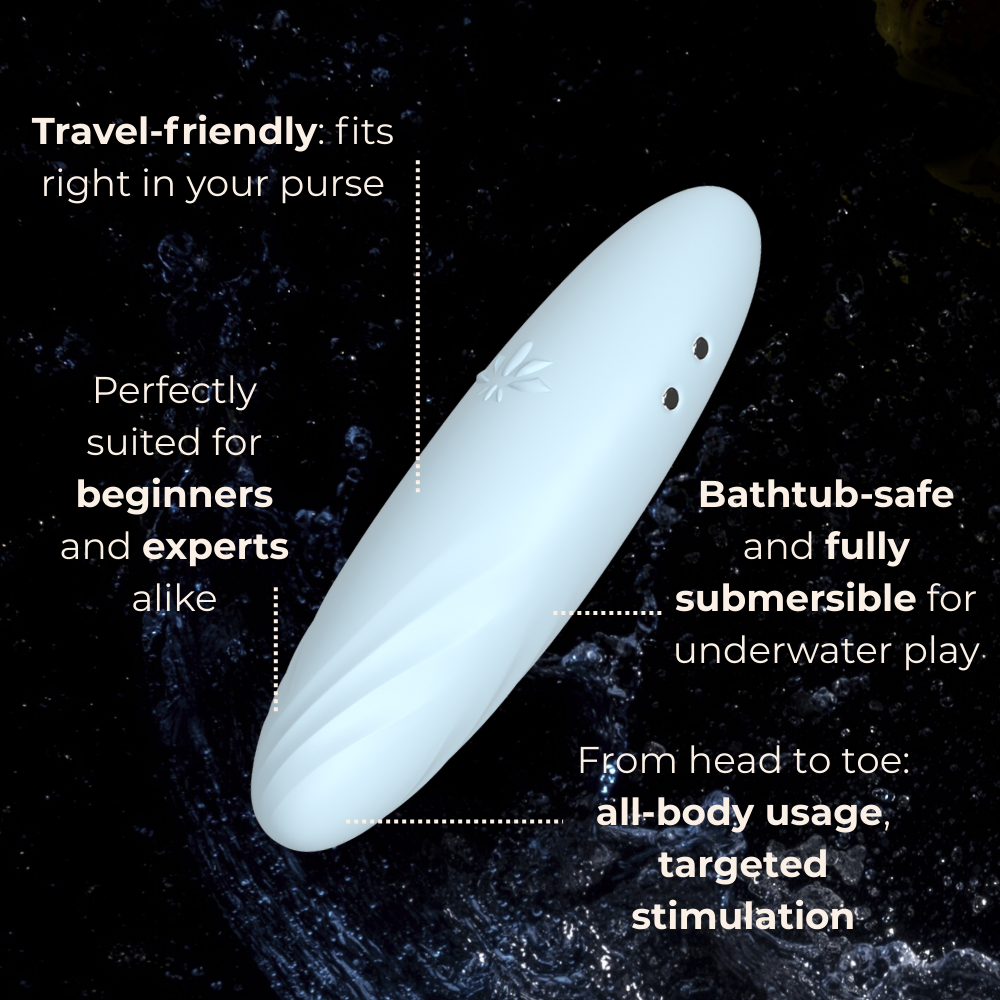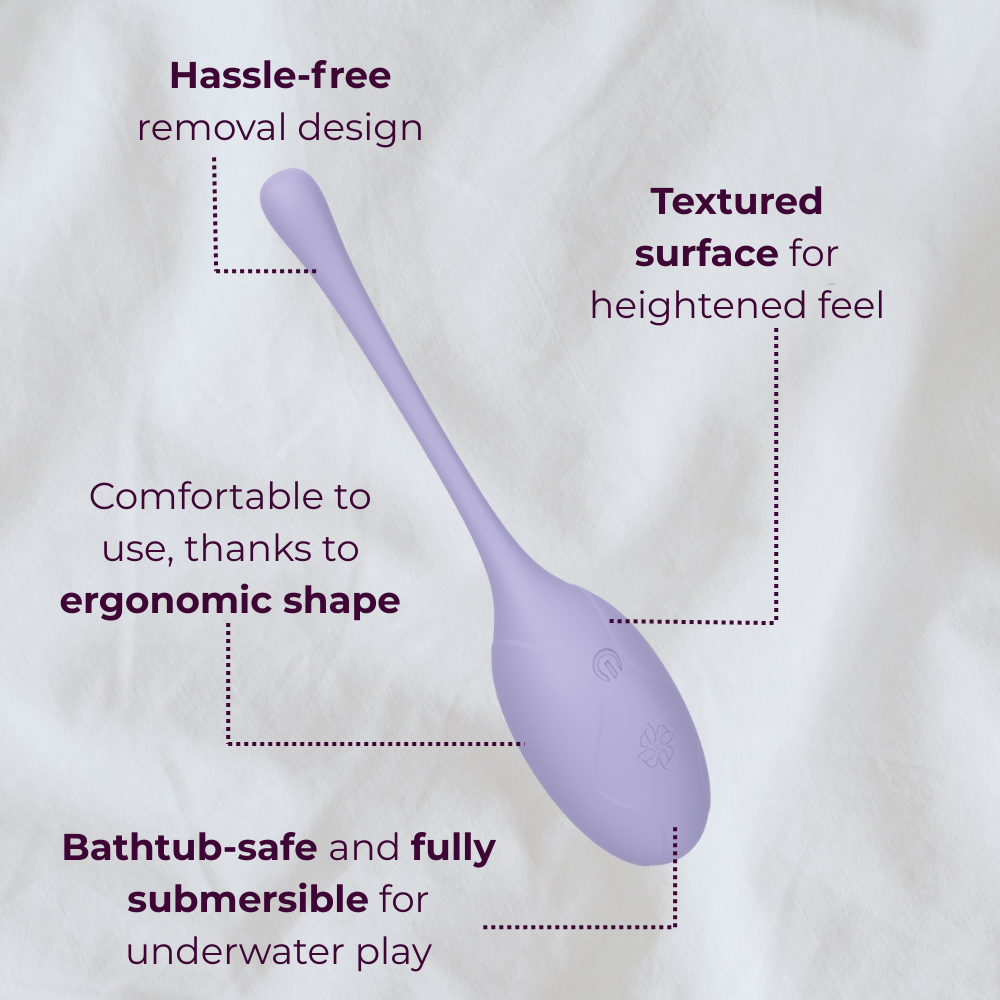Non-porous
Doesn't trap germs
Medical-grade
Trusted in healthcare
Hypoallergenic
Kind to skin
Built to last
No degrading or stickiness
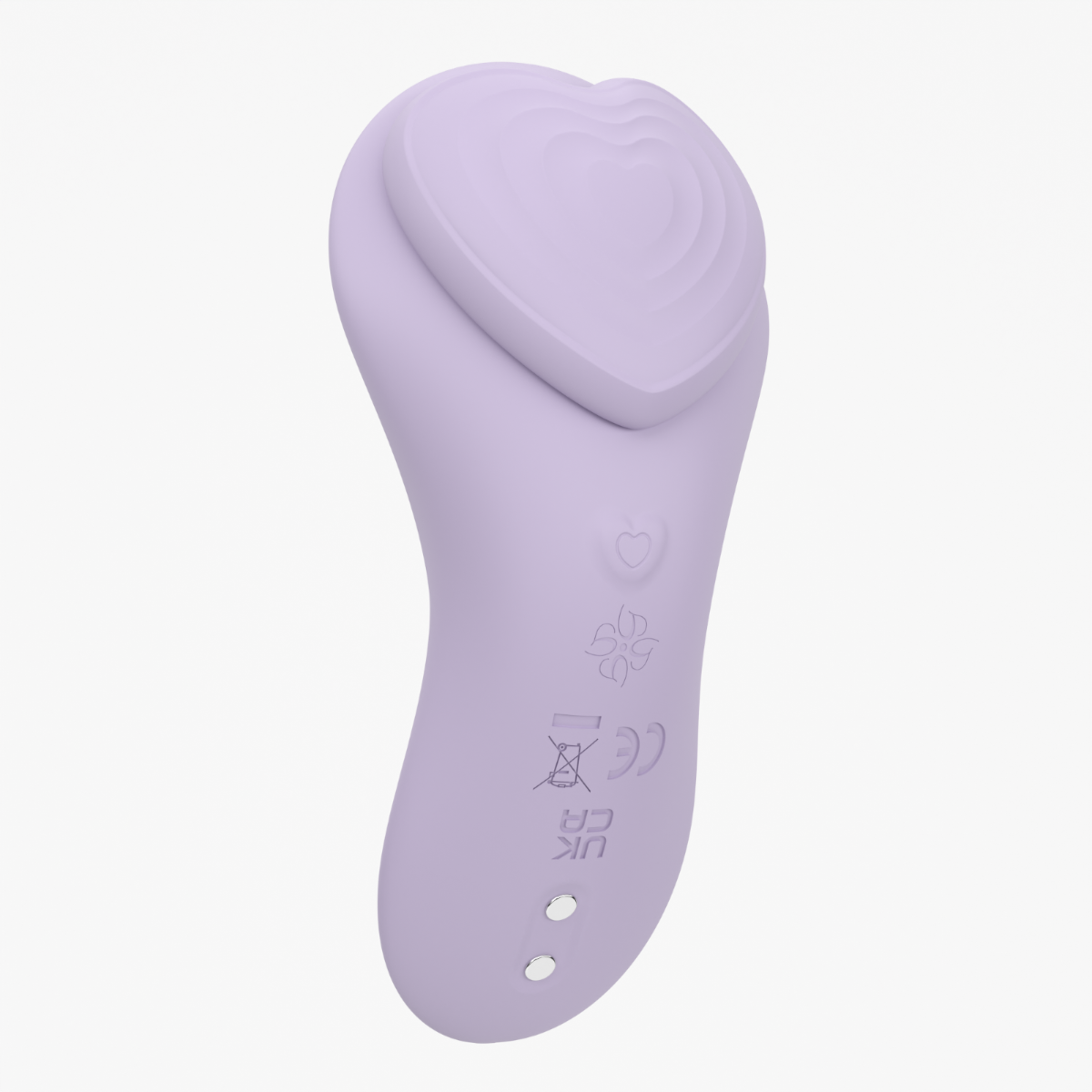
Platinum-cured medical-grade liquid silicone is the same high-purity material used in medical implants.
“Platinum-cured” means it's made using a platinum-based catalyst — a clean, non-toxic process that ensures the silicone is non-porous, hypoallergenic, and free from harmful residues. Trusted for the body, and built to last.
✅ 100% hypoallergenic
✅ Non-toxic & phthalates-free
✅ Non-porous
Non-liquid silicone, TPE, jelly rubber (typical low-grade materials)
Medical-grade liquid silicone
⚠️ May have micro-seams or edges
Some items can have seams that trap residue.
⚠️ Stiff or rubber-like texture
Doesn’t flex naturally — less comfortable for extended use.
⚠️ Porous Structure
Even ‘medical-grade’ solid silicone can absorb fluids.
⚠️ Strong chemical smell
That plastic odor? That’s the fillers.
⚠️ Degrades with use
Discolors and becomes unsafe over time.
⚠️ Assembled around electronics
Motor inserted after molding = weaker seals.
✅ Seamless & smooth surface
Molded for comfort — no cracks or rough edges.
✅ Ultra-flexible
Moves with your body, holds its shape beautifully.
✅ Non-porous & hygienic
No absorption = no trapped bacteria.
✅ Odor-free
No plastic or chemical smells.
✅ Long-lasting & durable
Made to last for years — no stickiness, no breakdown.
✅ Body-safe confidence
Tested. Certified. Trusted for contact.
Visible ≠ Bad, Invisible ≠ Good
The piece is fully cured in a single mold, not assembled from parts.
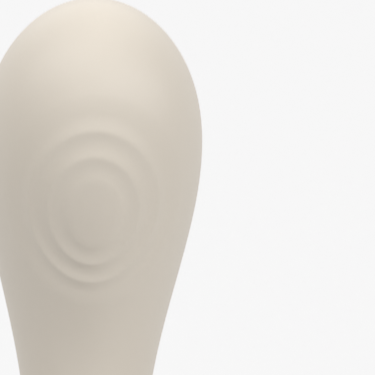
A visible seam is like a faint “birthmark” from the mold. It’s harmless and expected.
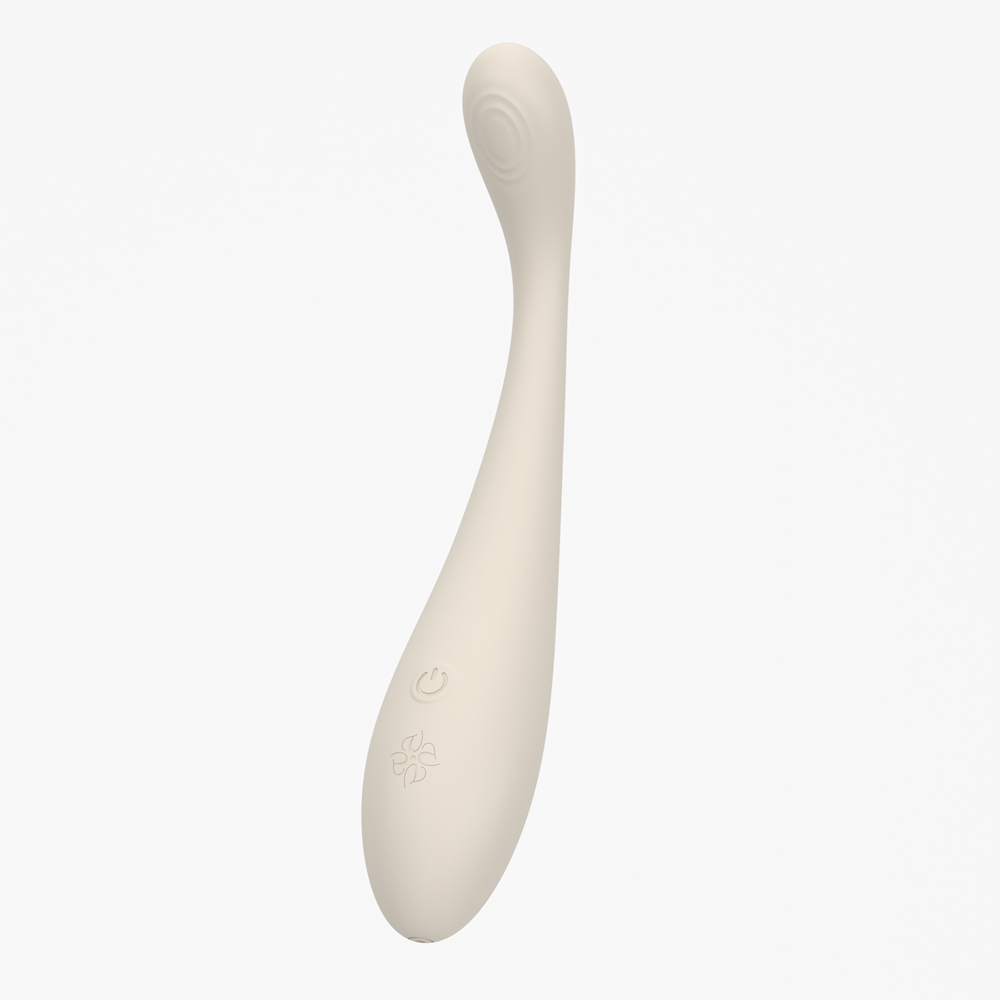

The silicone is injected, not coated or glued.
This line marks where our two-part medical-grade mold seals. It's proof of precision molding, not a flaw.
FEEL THE DIFFERENCE
Check out our 100% platinum-cured medical-grade liquid silicone pieces
Tap on each highlight to discover what makes our pieces feel truly different.
Soft, Skin-Like Feel
Naturally velvety and flexible, it mimics the way real skin moves and responds.
Seamless Finish
Precision-molded for a smooth surface without rough edges or sharp seams.
Temperature-Adaptive
Quickly warms to your body’s temperature, enhancing comfort and a natural feel.
Odor-Resistant
Unlike cheaper materials, it won’t hold onto smells over time — stays fresh and clean.
Find answers to the most common questions about how our products are manufactured and what they're made of.
Still curious? Reach out to us directly!
✅ Liquid Silicone Rubber (LSR) – Advantages
- Fully non-porous: doesn’t absorb fluids, lube, or bacteria
- Injection-molded: seals the motor inside, with no gaps or seams
- Smooth, consistent texture: evenly cured with no rough patches
- Seamless edges: won’t crack, fray, or peel over time
- Waterproof motor protection: fully encapsulated in silicone
- Chemically stable: resists cleaning agents, heat, and oils
- Highly elastic and durable: resists tearing
- Long-lasting: won’t degrade, discolor, or become sticky
- Medical-grade certified: same material used in implants and baby care
⚠️ Non-Liquid Silicone (Solid / Compression-Molded) – Drawbacks
- May be porous: can trap bacteria and fluids
- Typically molded separately from motor, leaving gaps or glue seams
- Edge seams can peel or crack with use
- Inconsistent curing: can result in bubbles or uneven surfaces
- Motor often glued in place: may loosen or leak over time
- Can degrade with exposure to heat, sweat, or cleaning products
- More prone to micro-tears, especially at seams
- Shorter lifespan: becomes sticky, discolored, or damaged faster
- Often not certified for internal or implant use
Even though it's often marketed as body-safe, solid (non-liquid) silicone isn't always ideal for long-term, internal, or sensitive use. Over time, it can introduce real health and safety concerns, especially when compared to platinum-cured liquid silicone.
⚠️ Why Solid Silicone Can Be Risky Over Time:
1. Bacterial Growth
- Solid silicone can develop micro-tears or pores that trap bacteria and fungi
- Especially risky for internal toys or those used for longer durations
- Once bacteria is absorbed, it can't be fully cleaned out — which can lead to irritation or infections
2. Breakdown & Surface Degradation
- Exposure to bodily fluids, heat, or cleaning products can damage the surface
- Common issues include: surface stickiness, discoloration, flaking or splitting near seams
- These changes can make the toy uncomfortable — or even unsafe to use
3. Unreliable Waterproofing
- Motors in solid silicone toys are typically inserted after molding, not fully sealed
- Glue or caps can loosen, creating leak points
- Leads to moisture damage, electrical failure, or in some cases, shock risk
Silicone starts as a soft, uncured material. To turn it into a usable solid, it needs to
be cured — which means chemically cross-linked into a stable, flexible form.
There are two main curing methods:
Peroxide-cured: uses organic peroxides (chemicals) to cure the silicone.
Platinum-cured: uses a platinum-based catalyst to cure the silicone.
✅ Platinum-Cured Silicone
- No chemical residue: clean, non-toxic curing process
- Safe for medical and food use: trusted for sensitive skin and internal contact
- Odorless: no chemical or vinegar-like smell
- Smooth, durable surface: stays intact and comfortable over time
- Long-term stability: resists yellowing, cracking, or stickiness
- Used in medical implants, baby products (e.g. pacifiers), high-end intimate products
⚠️ Peroxide-Cured Silicone
- May leave chemical by-products: such as formaldehyde or acetic acid
- Not always body-safe: especially for prolonged or internal use
- Can have a chemical smell: often vinegary or synthetic
- Surface may degrade: can feel tacky or break down with use
- Lower durability: prone to yellowing, cracking, or becoming sticky
- Used in lower-cost, non-medical consumer products, toys or items not intended for internal use
When something touches your body, especially in sensitive areas, safety, cleanliness, and comfort matter more than ever. That’s why we use platinum-cured silicone, one of the safest and most trusted materials available.
It’s non-toxic, hypoallergenic, and non-porous, meaning it won’t trap bacteria, break down, or release harmful chemicals over time. It’s soft to the touch, gentle on skin, and built to last, even with frequent use.
The same material is trusted in some of the most sensitive applications in healthcare and childcare, including:
• Baby pacifiers
• Surgical tubing
• Catheters
• High-quality intimate wellness devices
In short: it’s not just safe, it’s the kind of safety that’s been tested, proven, and trusted where it matters most.
Short answer is no. While all LSR (liquid silicone rubber) may look and feel similar, not all of it is platinum-cured, and that difference matters, especially for body-safe products.
Some manufacturers use peroxide-cured LSR to cut costs. It may still feel soft and flexible, but it doesn’t meet the same safety or quality standards.
⚠️ Why it’s a concern:
- Harmful by-products during curing (like formaldehyde or acetic acid)
- Noticeable chemical smell
- Breaks down faster over time
For products that come into contact with sensitive skin, stay on the body for long periods, or are used internally, only platinum-cured, medical-grade silicone provides the level of safety and durability you deserve.

